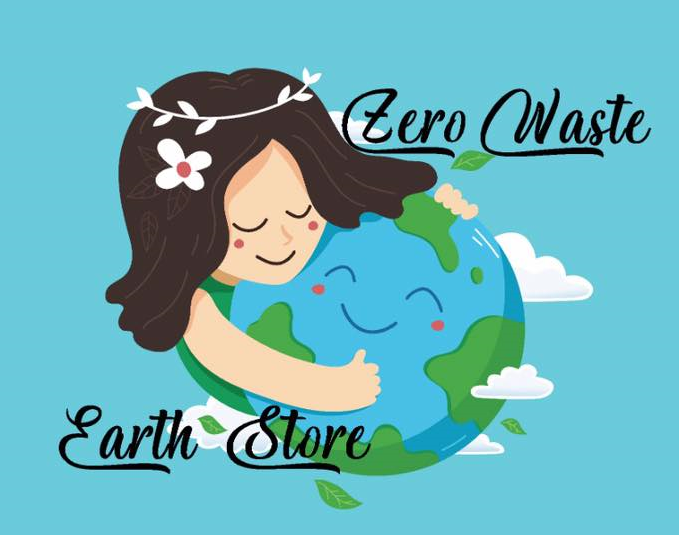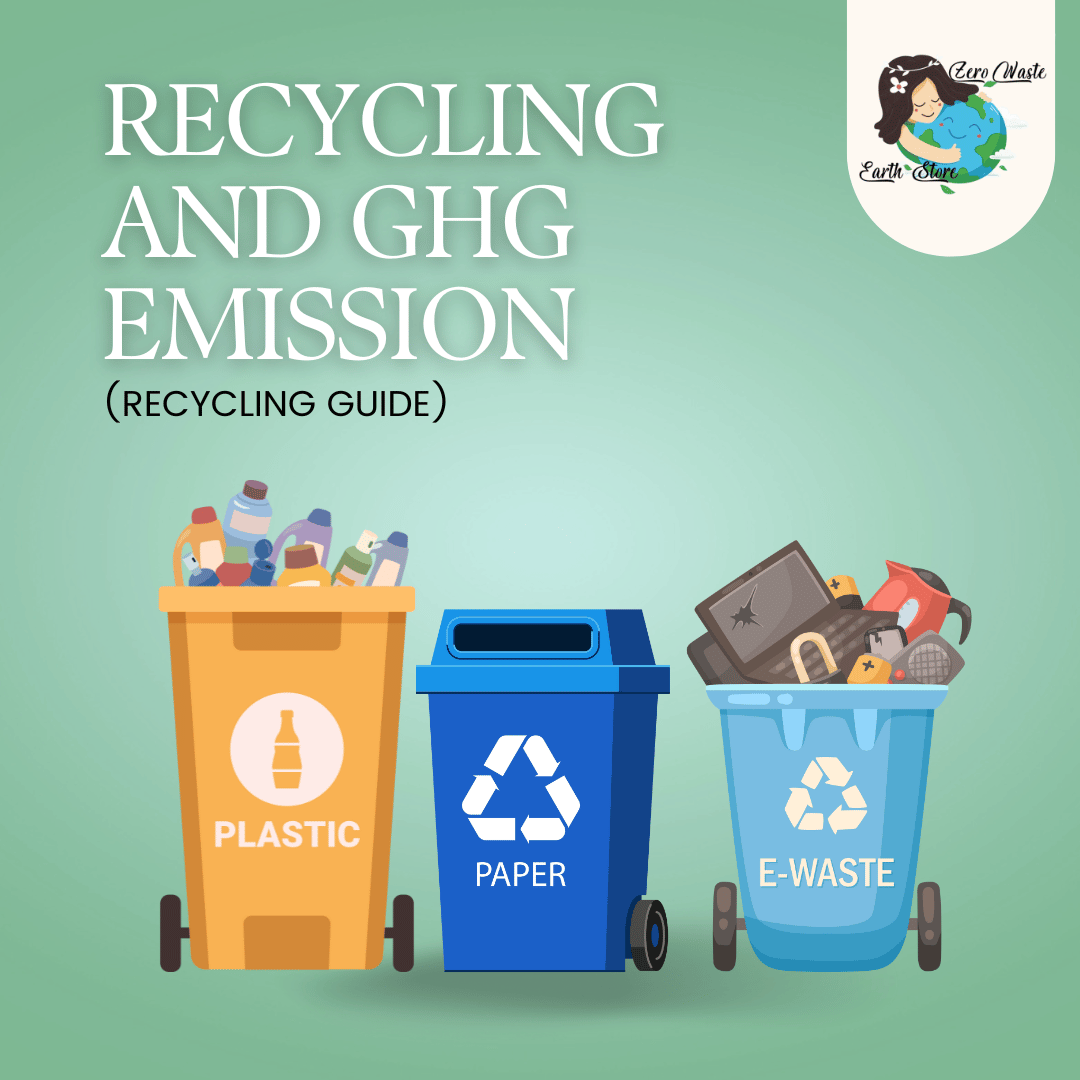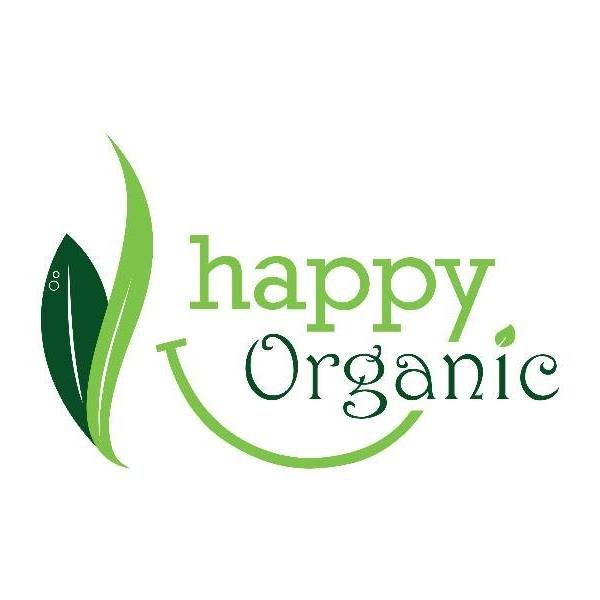Avoided and Reduced GHG emissions from a recycling campaign report provides a detailed analysis of the emissions reductions achieved through recycling practices. It enables organizations to better understand and communicate the environmental impact of their recycling efforts, contributing to broader climate change mitigation goals.
Zero Waste Earth Store is working with sustainability partner to offer quantification of avoided GHG emissions from recycling campaigns. The results are presented in a comprehensive assessment report of the GHG emissions reductions achieved through recycling services. This information can be used to demonstrate the environmental benefits of recycling initiatives, support sustainability reporting efforts, and inform decision-making for businesses and consumers.
Life cycle assessments (LCAs) consider the emissions associated with raw material extraction, manufacturing, use, and disposal. It involves measuring and assessing the greenhouse gas (GHG) emissions reductions achieved by diverting waste from landfills, emissions associated with the production of virgin materials, and specific recycling processes and technologies used.
Rationalities
Engaging in a recycling campaign and reporting avoided GHG emissions provide several nationalities for a company:
- Malaysia’s Federal government has set a target recycling rate of 40 percent by 2025.
- By actively participating in waste reduction and resource conservation efforts, the company showcases its dedication to sustainability and minimizing its ecological footprint.
- Reduced GHG emissions report quantifies the environmental impact of the recycling campaign, allowing the company to track and communicate the emissions reductions achieved.
- Consumers and stakeholders increasingly value sustainability and Eco-conscious practices.
- Additionally, some recycling programs offer incentives or cost-sharing options, further reducing waste management expenses.
Quantifying greenhouse gas (GHG) emissions associated with recycled materials establish a connection between waste management issues, like plastic pollution, and climate change. This connection is primarily based on two important aspects: the emissions associated with the production of virgin materials and diverting waste from landfills.
It involves quantification and analyzes of the emissions avoided by diverting waste from landfills. By assessing the amount of waste diverted and the associated reduction in methane emissions, we help companies to report the positive climate impact of their waste management practices.
Calculation of the emissions savings achieved through the use of recycled materials instead of virgin materials. By considering the embodied emissions associated with the production of virgin materials, we help the recycling company report the environmental benefits of their recycling processes and the reduction in overall GHG emissions.
Life‐cycle greenhouse gas accounting evaluates and reports the full life‐cycle GHG emissions associated with the raw materials extraction, manufacturing or processing, transportation, use, and end‐of‐life management of goods or materials.
This article is written by Ildar, GHG and sustainability consultant






























